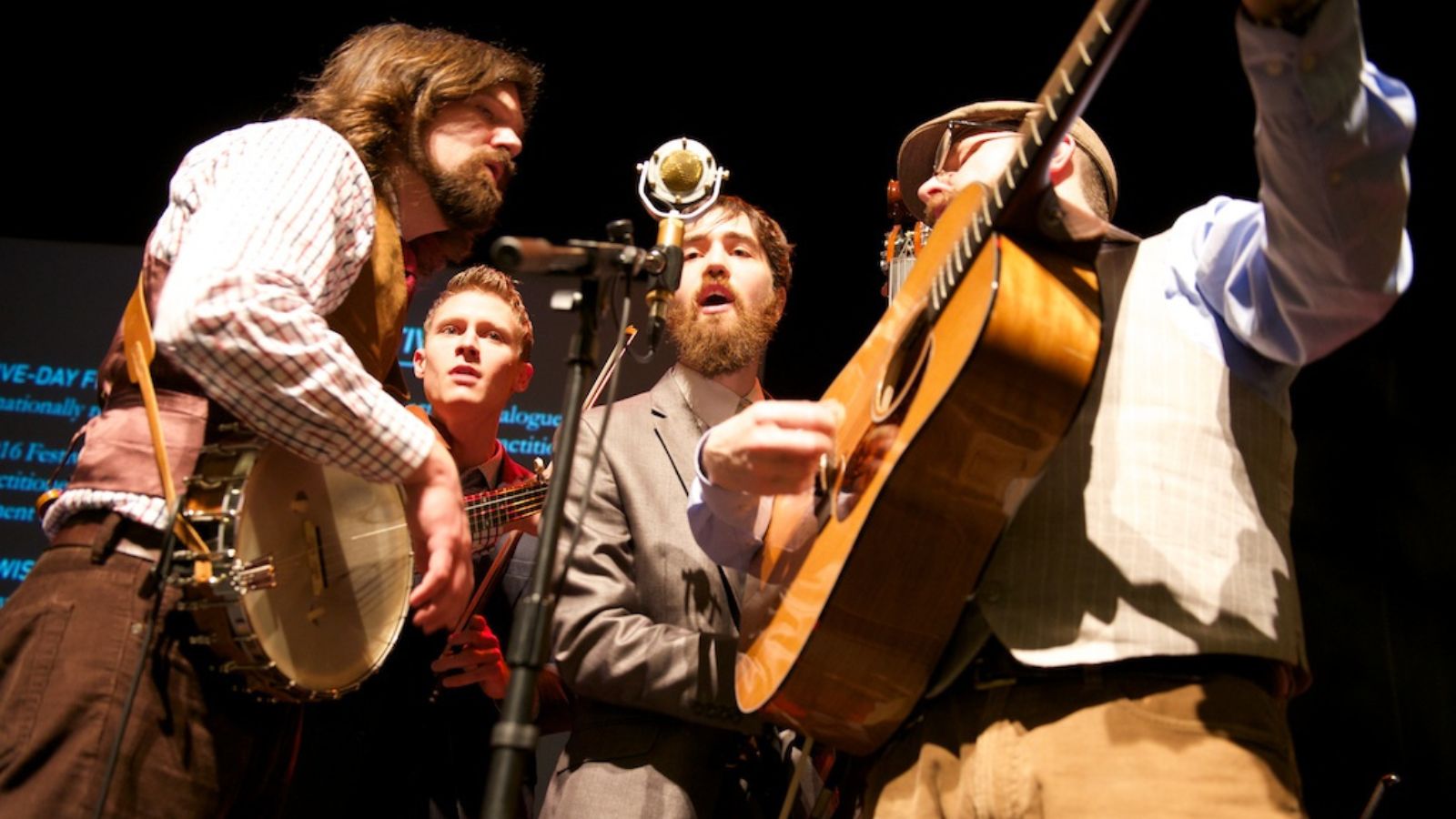After extreme rainfall last July, the North Fork Kentucky River in Whitesburg, Kentucky, rose about 18 feet in 10 hours. It poured over its banks into homes and businesses.
The flooding inundated a climate-controlled vault and warehouse that stored original recordings of Appalachian folk music; interviews with coal miners, artists, and other local people; and film footage.
“Our collection is the largest repository of central Appalachian history and culture,” says Alexander Gibson, director of Appalshop, the media arts and education center that houses the archive.
Months after the flood, specialists are still assessing the damage and what it will take to salvage the items, many of which had not yet been digitized.
“Materials right now are either being frozen, dried, washed, or cold dried stored,” Gibson says.
Recovering them will be expensive and require the nonprofit to fundraise.
Looking to the future, Gibson says the archive must be moved to higher ground. July’s flood is considered a one-in-1,000-year event. But as the climate warms, extreme events are growing more common.
And Gibson says the cost of losing these artifacts – which help people understand their history, culture, and identity- would be incalculable.
Reporting credit: Sarah Kennedy/ChavoBart Digital Media
Source link


